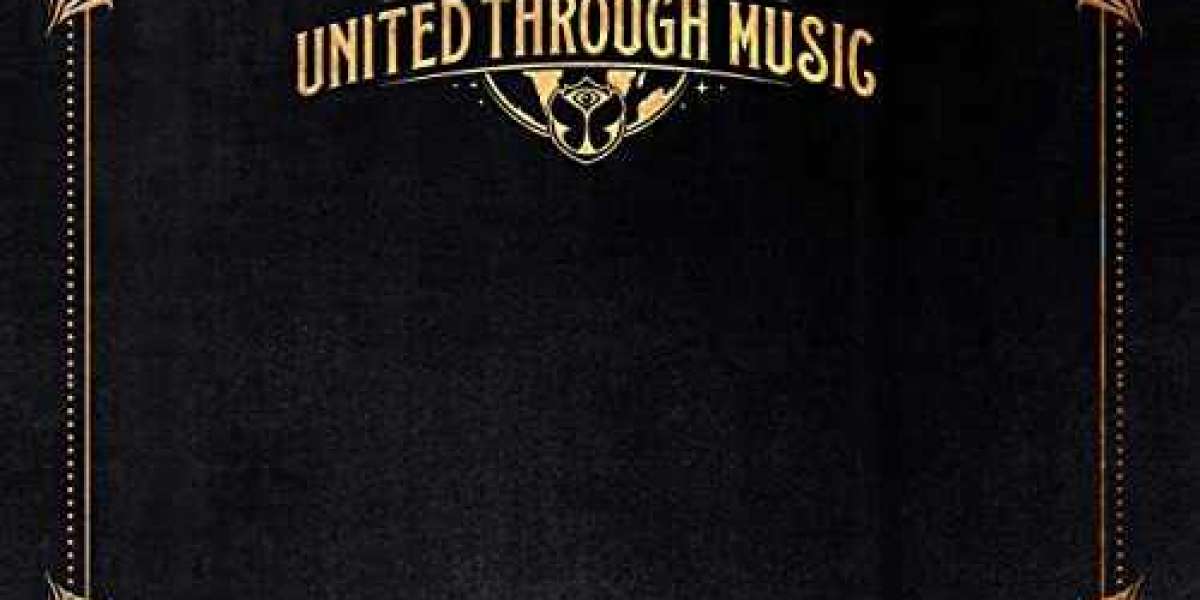The Legacy of Film Directors: Auteur Theory RevisitedIn the world of cinema, directors are often regarded as the primary creative force behind a film. The concept of the "auteur," or the director as an author, has been a topic of debate and fascination in film studies for decades. In this article, we revisit the auteur theory, its origins, evolution, and its enduring impact on the way we perceive and appreciate the work of film directors.The Birth of Auteur TheoryThe term "auteur" was first coined by French film critic François Truffaut in the 1950s. Truffaut, along with fellow critics and filmmakers like Jean-Luc Godard and Claude Chabrol, championed the idea that a film director should be considered the author of a film, much like a novelist or a painter is the author of their work.Key Principles of Auteur TheoryAuteur theory posits that a director's personal vision and style should be evident throughout their body of work, transcending the collaborative nature of filmmaking. The director's creative choices, such as cinematography, editing, and storytelling, should reflect their unique voice and thematic preoccupations.Notable AuteursThe concept of the auteur became closely associated with several iconic directors. Figures like Alfred Hitchcock, Stanley Kubrick, Martin Scorsese, and Ingmar Bergman were celebrated for their distinctive filmmaking styles and recurring themes. Their works became central to the auteur theory discussion.The Auteur's SignatureAuteurs often left their signature on various aspects of their films. Hitchcock's meticulous control over suspense and tension, Kubrick's perfectionism and visual storytelling, and Scorsese's exploration of themes like crime and identity are just a few examples of how directors shaped their films in line with the auteur theory.Criticism and AdaptationsWhile auteur theory gained prominence, it was not without its critics. Some argued that it oversimplified the collaborative nature of filmmaking, neglecting the contributions of writers, actors, and other crew members. Nonetheless, auteur theory continued to be a valuable lens through which to analyze and appreciate cinema.Expanding Definitions of AuthorshipAs filmmaking evolved, so did the concept of authorship. Auteurs began experimenting with non-traditional storytelling techniques, such as nonlinear narratives and improvisation. This expanded the definition of authorship to include those who contributed to the creative process beyond the director.Auteur Theory in Modern CinemaIn contemporary cinema, the legacy of auteur theory remains strong. Directors like Quentin Tarantino, Christopher Nolan, and Wes Anderson are celebrated for their distinctive visual styles and thematic explorations. Their films often evoke discussions about authorship and creative control.Beyond Directors: Auteur Theory in TelevisionAuteur theory has also extended its influence into the realm of television. Visionary showrunners, such as David Chase ("The Sopranos") and David Simon ("The Wire"), have been compared to film auteurs for their comprehensive creative influence over long-form narratives.ConclusionThe legacy of auteur theory continues to be a vibrant and evolving discussion in the world of cinema. While it may not fully encompass the collaborative nature of filmmaking, it remains a valuable framework for understanding the unique contributions of directors to the art form. As filmmakers continue to push the boundaries of storytelling and creativity, the concept of the auteur will likely adapt and endure, reflecting the ever-changing landscape of cinema. Source xnxx zorla
Search
Popular Posts
-
 Сделайте следующий шаг в своей образовательной карьере: Купить диплом и достичь новых высот
By worksale
Сделайте следующий шаг в своей образовательной карьере: Купить диплом и достичь новых высот
By worksale -
 Диплом по вашему выбору: легко и надежно купить онлайн
By worksale
Диплом по вашему выбору: легко и надежно купить онлайн
By worksale -
 Купить диплом с бесплатной доставкой
By worksale
Купить диплом с бесплатной доставкой
By worksale -
 Преодолейте преграды в карьере: Купить диплом – ваш путь к успеху
By worksale
Преодолейте преграды в карьере: Купить диплом – ваш путь к успеху
By worksale -
 Torrent Mp3 Temper Trap Sweet Disposition Mp3 5.38 MB - Mp3 Pc Cracked Exe Full Version
By berrololof
Torrent Mp3 Temper Trap Sweet Disposition Mp3 5.38 MB - Mp3 Pc Cracked Exe Full Version
By berrololof



